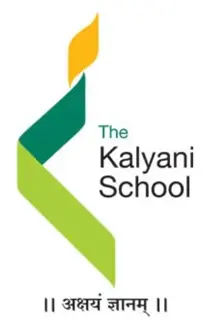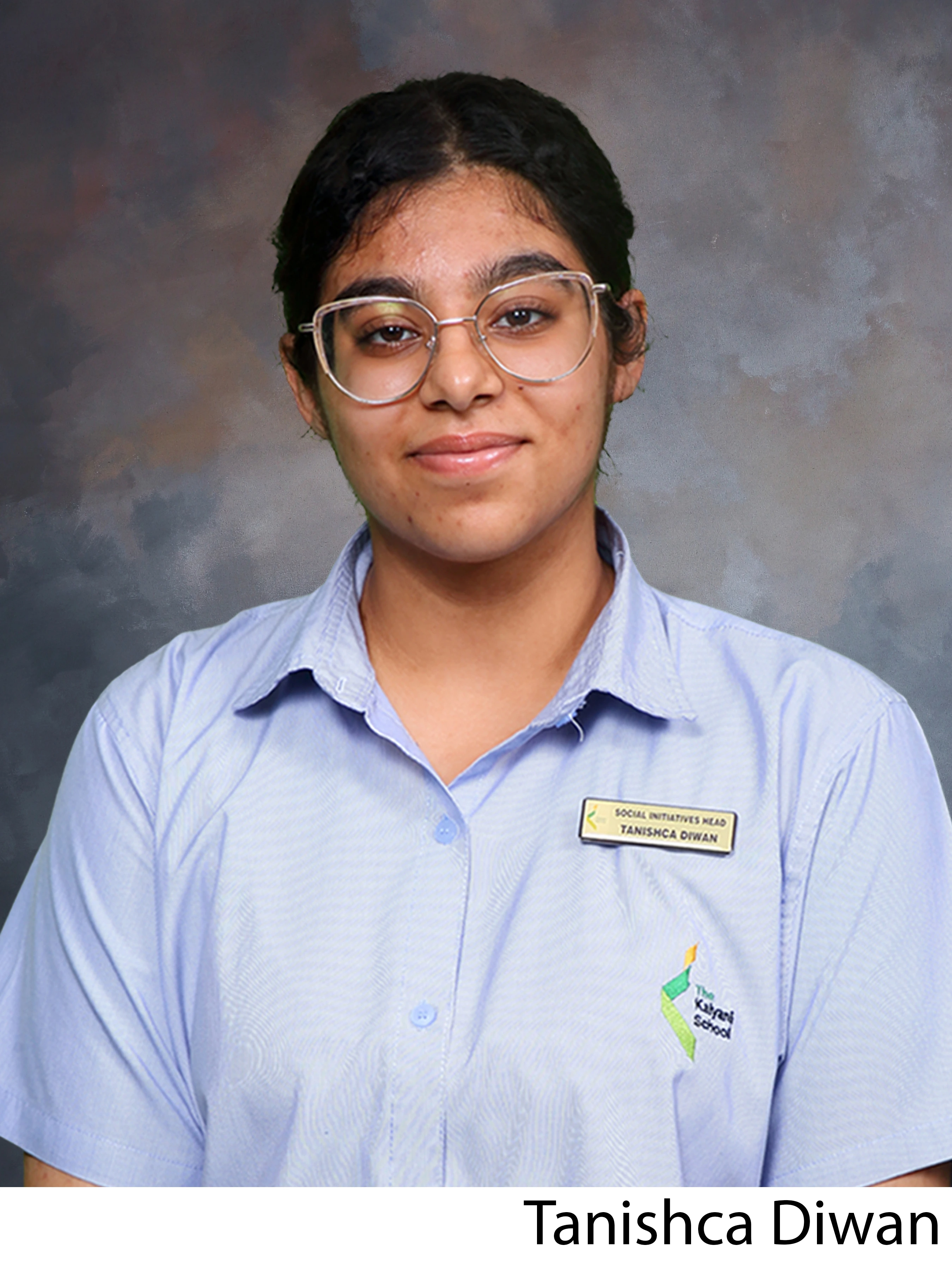






At The Kalyani School, we often remind ourselves that the students of today are true digital natives. Technology is as easy for them as breathing. Thus, a new responsibility arises: how do we teach the students to be honest, ethical, and thoughtful users of the tech at their fingertips? This is the quandary we face each day, crucial in shaping our teaching methodology in education, every step of the way.
In our ICT classes, for instance, students present their opinions on Digital Citizenship. Students learn not only how to access, but also navigate online platforms. They are taught to exercise kindness on the Internet, the appropriate usage of their digital advantage, the importance of verifying information online, and how to handle the ever-present lure of social media.
At The Kalyani CBSE School, technology is not just about consumption, but also about creation; especially creation that looks to the future of sustainability on this Earth. Students have taken up various ambitious AI projects aligned with the international Sustainable Development Goals (SDGs). Their ideas show that learners, when guided properly, can imagine technology as a force for good.
The Robotics classes are another area where innovation thrives. For the ‘Mad About’ series, the students created a smart stick for the visually impaired, equipped with sensors to detect obstacles and provide other alerts. This innovation is not just a project, but a statement showcasing the intellectual and technological prowess of the students of the best CBSE school in Pune. It captures the essence of what we strive to illustrate via our learning teaching methodology; knowledge that translates into empathy-driven solutions.
This approach begins right at the foundation level. Even at the pre-primary level, the students are introduced to a balanced exposure to technology and hands-on exploration. By the time these young explorers progress to the primary school in Pune, they already see technology not as a toy, but a tool to be utilised efficiently and responsibly for the welfare of humanity.
At The Kalyani School, digital literacy is not just an add-on. It is woven into the very fabric of our teaching-learning experience. A history class may involve a virtual tour of cities long reduced to ruins, whereas a science lesson may have the students simulating a virtual experiment. This integrated approach ensures that technology is not isolated from learning, rather, it enhances it.
I often hear parents say they chose The Kalyani School due to its conducive environment, making it the best school in Pune, or because of the balance we maintain between tradition and modernity. Reflecting on it personally, our real strength lies in our philosophy of teaching our students not just how to succeed in a digital world, but to lead it, and to lead it responsibly. The digital native dilemma will persist for the foreseeable future, however we, at The Kalyani School, take pride in teaching our students to turn this impasse into an opportunity to excel.
